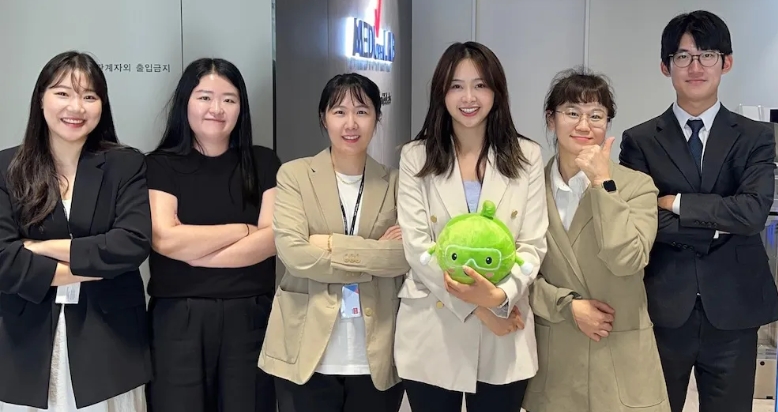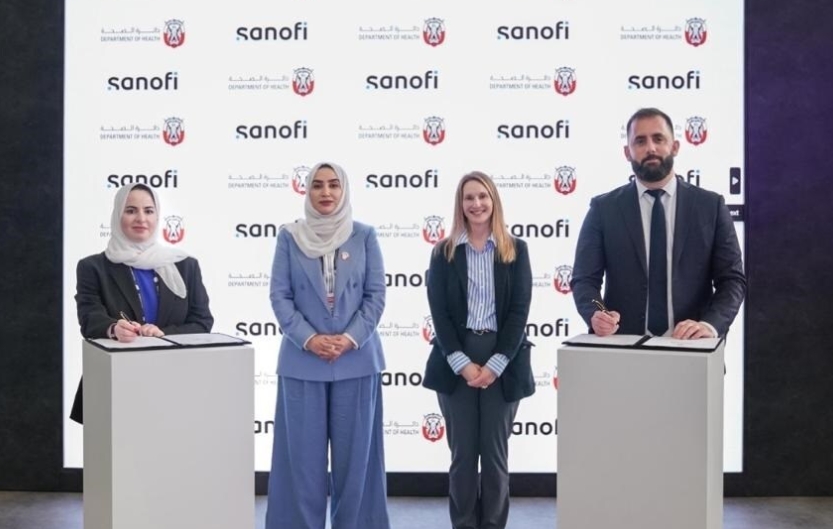
As COVID-19 wreaked havoc around the world during the past two years, it has left a myriad of disruptions in its wake. One of the most critical challenges still facing the healthcare sector in Asia is the enormous backlog in surgeries and procedures. While healthcare systems pivoted valiantly to free up resources during the pandemic, it has left many unable to access the treatment they need for chronic illnesses.
Couple this with healthcare costs, which are rising in line with ageing populations who themselves are expanding as global life expectancy doubled over the last century. And the outcome is an enormous unmet demand for care, one that is intensified by overwhelmed healthcare workers. In fact, the WHO estimates a global shortfall of nine million nurses, with Asia being worst affected.
Asia’s over-burdened caregivers
A serious knock on effect of this crisis is the increased burden placed on Asia’s sandwich generation - adults with living parents and offspring. As primary caregivers to both their children and elderly family members, this beleaguered population navigates a complex relationship with healthcare providers (HCPs) and patients. Already tasked with physical and emotional support, liaising with GPs and managing treatment plans, they now face a double whammy of diminished accessibility to healthcare plus its mounting costs.
Urgent lifelines are needed to ease the pressure on healthcare systems, and caregivers must be prioritized.
What if HCPs and pharma companies were to accelerate the digital innovations that blossomed during the last two years, like telehealth, online pharmacies and mobile health apps? If so, offering a strategic, consumer-centric experience would be key. Brands who could empower caregivers to resolve medication challenges and facilitate forward-thinking, preventative health care would be able to alleviate the strain on pressing health issues and ultimately the wider healthcare ecosystem. Here are five solutions that would support caregivers in this endeavor.
Create empathy-driven experiences
In all areas of healthcare around the world, expressing empathy for caregivers helps to smooth the path to patient diagnosis and treatment. But how can HCPs convey this through a digital experience, especially in Asia with a rising group of middle-class who are equally digital-savvy and concerned about health more than any time in the past? Firstly by understanding the decision-making process of caregivers and patients and then motivating them to take preventative measures. Consciously healthier families lean less on their GPs and can build a more mature doctor-patient relationship.
Behavioral economics highlights these decision-making tendencies. They include “present bias” (preference for immediate assistance, albeit in smaller increments), seeking comfort in “social norms” where they are more comfortable joining a program if others in their community are already members, and also “inertia” where they tend not to act until they’re forced.
By targeting and solving for these behaviors via online advice, advocacy and support, pharma companies and HCPs can incentivize caregivers to learn more about their patients’ health and commit to their long-term wellness.
Deliver relevant and personalized experiences
With nearly half of the Asia-Pacific population seeking to improve their health via smart devices or wearables, personalization empowers critical decision-making. Caregivers now expect ultra-relevant interactions, along with data and cost transparency for maximum ROI.
HCPs are gradually responding with more patient-centric offerings to stay competitive. Meanwhile, GPs also benefit by receiving more patient data (tracked symptoms and responses to medication) ahead of appointments, creating efficiencies in time and cost.
Personalization is now the basics. It could be as straightforward as offering caregivers the ability to select their patients’ conditions and view relevant advice. Or as complex as using algorithms and AI integrations for HCPs to machine-learn about a patient and offer specialized online coaching.
For instsance, CorePower Yoga, a health and wellness unit has created a hyper-relevant experience by understanding users' preferences and personalized approaches. Such personalization tools assists in best medicare plan by encouraging transparent communication. Sharing personal information, in a secured manner, has become an essential priority to leverage digital solution.
Satisfy by going beyond medication
Consumer satisfaction is also increasingly relevant as the healthcare industry transforms. Given that Asia boasts the fastest growing digital economy and will represent 60% of the global middle class by 2025, they are increasingly confident in demanding quality and value for money. Those with purchase power will shop around, making it crucial for companies to differentiate to succeed.
Similarly, China’s Ping An Good Doctor has taken these insights onboard and expanded from its original online GP service into e-commerce transactions, providing consumer health products and health checkup kits.
Doctor or patient satisfaction does not tell a complete story however. Caregivers often take the lead role in making sure their loved ones adhere to their medications and treatment plans. By involving the care team in focus groups, online discussions, or a one-on-one basis, digital providers can validate if solutions are truly realistic and redesign for success.
Build trust with conscientious action
Through gathering in-depth insights about patients, brands can offer truly specific and useful advice. But caregivers will only impart sensitive data about their parents and children if they fully trust the company or HCP.
Trust is earned through a consistent process of transparency where brands explain why each piece of information is required, whether it’s the patient’s name, condition or fitness level. Caregivers appreciate the intrinsic value of the data exchange, as long as they are reassured of its privacy and security.
If a patient or caregiver does not trust or understand why a company is asking for personal information, they will most likely disengage and the opportunity is lost.
Align with their values
Another way HCPs and brands may improve health journeys is by boosting online health literacy for caregivers based on their values. Caregivers typically seek to offer their families compassionate support and to feel confident in a treatment approach.
Since treatment adherence is one of the biggest problems in the healthcare sector - where over 50% of patients don’t take their medications as prescribed, it follows that fostering a clearer understanding of their conditions, why medication must be taken a certain way, and how to respectfully provide care, could empower caregivers to expedite the process.
Upstream solutions
Future-facing digital solutions like these five strategies encourage upstream, preventative health behaviors in patients. If implemented successfully, they could drastically minimize resources that are currently directed to acute hospital care. Ensuring they are patient-centric could prove transformative, providing immense value to caregivers and patients in Asia while also relieving pressure on health systems.
By considering the caregiver needs and inviting them into the digital design process, we can empower them to better support the patient in the long run. While hospitals and GP surgeries continue to be backlogged, and with the increase in remote monitoring, the primary caregiver is proving to be an untapped resource that can motivate better health outcomes.
By Simon Mok, Senior Business consultant, Appnovation, HongKong




